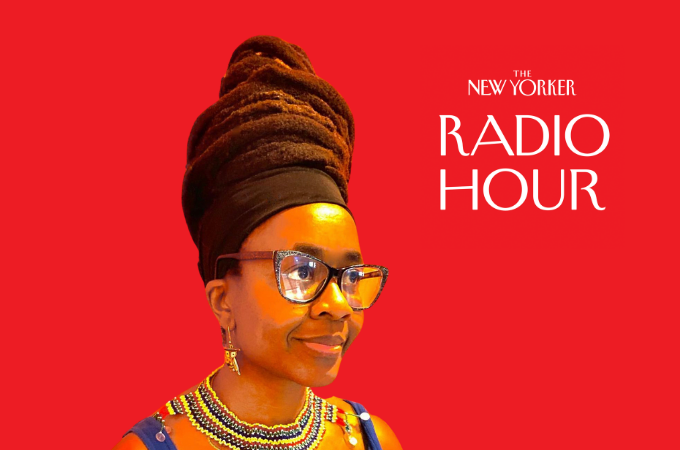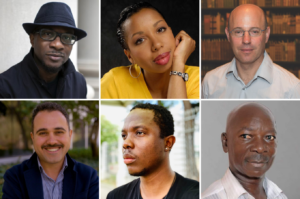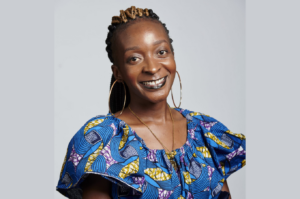
The term Akata is a West African term for Black Americans. It is generally considered derogatory, a slur in fact. Okorafor uses the work in the titles of the books in the Insibidi Series: Akata Witch, Akata Warrior, and more recently Akata Woman. She was recently a guest on The New Yorker’s Radio Hour, a show hosted by Vinson Cunningham. During the interview, she talked at length about the term Akata, what it means, and why she chose to use it in her titles in spite of its negative connotations.
***
First, I want to address the word Akata. Akata is a terrible word. [chuckles] It’s a terrible word. It’s a horrible, horrible word.
The thing is, when you talk to some Nigerians, they will be like, “Oh, no, it’s a neutral word. It just describes Black Americans, and it’s fine.” Anyone who has been called that term and fits into the category of the definition knows that it is not a nice word. It’s not a nice word. It’s a derogatory term for Black Americans, but that also includes Nigerian Americans as well. This is a word that I have grown up hearing and being called and grappling with and yelling about.
When I wrote the first one, the Akata Witch, in the book itself, it wasn’t that she was called Akata witch, which it was originally Akata B-I-T-C-H. [laughs] That was a term because that’s the term that I actually knew. Then I was called an Akata by some man because he thought I was mouthing off and he’s like, “Oh, you American girls, you just have no respect for what,” and he called me that. I got angry, and I’m like, “I’m putting that in the title. I’m going to be the first person to put that word in a title of a book.” It was like a taking back and it was me being audacious, and so I’ve kept it.
Then in the United States, especially in my younger years in South Holland, Illinois, which is a south suburb of Chicago, which in the ’80s was all white. It’s like, we would hear the N-word everywhere, from teachers, yelled out of cars, from best friends, all kinds of thing, so we’ve got that going on. Then a few years later, we moved to a more diverse part of the suburbs and that’s where we encountered African Americans, who then would call us African booty scratcher and make fun of our names, so it’s like, all this cultural stuff.
My siblings and I, we would take it in. We have each other, so we’d always talk about it and be like, “This is confusing. What are we? Where do we fit? We don’t fit anywhere.” Then at some point, we just got comfortable not fitting in anywhere but still having that commonality, so that’s like a conversation we’ve been having forever, and we’re very secure in who we are, and so these are like things that I like to write about, and I like to play around with them, and Sunny definitely has those conversations and has them honestly.
Follow this link to listen to the rest of the interview, which also touches on her recently published NOOR and Akata Woman.









kenny February 05, 2024 08:12
How can an igbo person interprete a language she has no knowledge of? Akata is a yoruba word for panther just like most strong yorubas refer to themselves as Ekun (leopard). please correct your error, it is people like you that turned akata into a negative word.